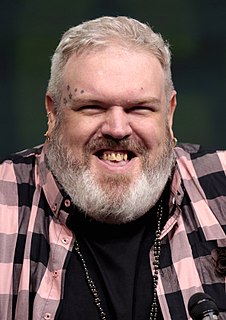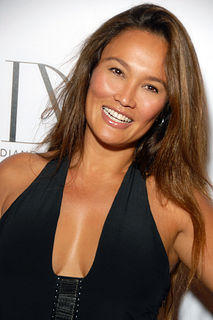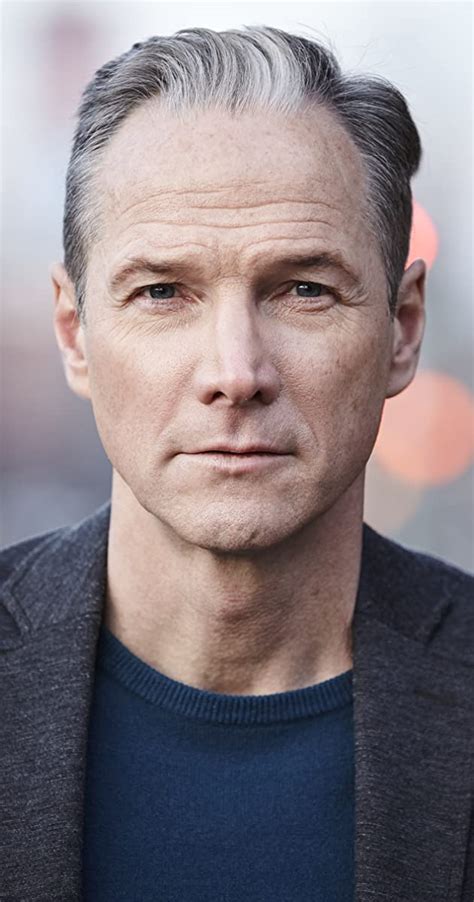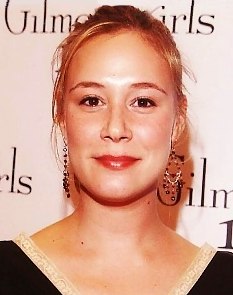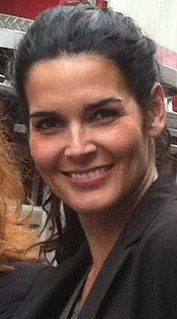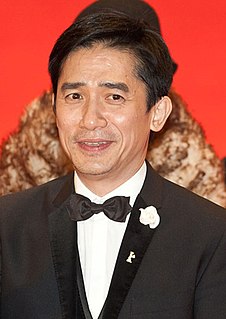A Quote by Kristian Nairn
People either think Hodor is a very easy character to play or a very difficult one; there's no in between. But it's a lot of fun having to completely switch personalities inside four seconds, with no words. That's a joy for an actor to get to show all that complex emotion in such a short space of time.
Related Quotes
I see nothing easy in Washington. I see either analytically simple things that are politically complex or those that are politically complex and analytically complex. I mean, look at immigration reform, you know? It is, I think, analytically easy, but politically very, very complex and very difficult.
But for me it's very difficult to finish music on my own. It's the fear of losing the fun. It's very easy to get a sketch of something or an idea together in a very short time, to try out something new, but to get a five minute track to play out is much harder, at least for me. When I start to construct something, it often ends in frustration.
What happens when you speak colloquial Hebrew is you switch between registers all the time. So in a typical sentence, three words are biblical, one word is Russian, and one word is Yiddish. This kind of connection between very high language and very low language is very natural, people use it all the time.
Also, when we did "Smallville," we didn't have an opportunity to interact with people who watched the show. And see what they had to say and listen to criticism and listen to praise at the same time. So a lot of this is a new experience and it's very interesting and rewarding for us. I think we get honest feedback. You get hate. You get a lot of love as well. And I'm actually very curious what people think of the show. For us, it's been a passion project of ours, and an incredibly challenging show to make.
I actually cut my sentences a lot. I'm very aware of the actor, giving them too many words - just a mouthful of words - it's difficult sometimes for an actor. So I'm kind of aware of breaking sometimes the line, the sentence with a comma where maybe there wouldn't be a comma there. Just to give a breathing space for the actor, just to be aware of that.
I think, when people so strongly associate an actor with a character they play - but the main feeling is I feel very happy that I've been able to play somebody that people connect so strongly to. That's overall a very good feeling. There's the sweet and the sour, I guess. It does sting a little bit. Your insecurity as an actor maybe seeps in, but ultimately I think it's a very lovely thing. It doesn't happen that often. It's mostly good, I'm fine with it.
I think I've owned all the models of iPods so far. And these days between my iPod, iPhone and my personal laptop computer, I'm someone who is very, very grateful for all the ways to listen to music and completely switch off from people around me and listen to the music in detail, which is very hard to do if you're in a room with other people.
When it's all said and done, I'm very, very glad to work in this business, but that's exactly what it is. It's a business, and I get to do the fun half of it. I get paid to pretend. I get to play really great characters. And, we have such a wonderful writer. She just knows people so intricately, and it's so fun to be able to act out her words.
I think a lot of times it just looks like Hollywood actors in Halloween costumes, you know? And I think what we’re going to do with Fantastic Four is going to be very grounded and it made sense to me. When I read the script, I didn’t feel like I was reading this larger-than-life, incredible superhero tale. These are all very human people that end up having to become I guess what is known as the Fantastic Four. So for me it was just a really good story and gives me an opportunity to play something different from my own skin. It’s a proper character and that’s my favorite stuff to do.
